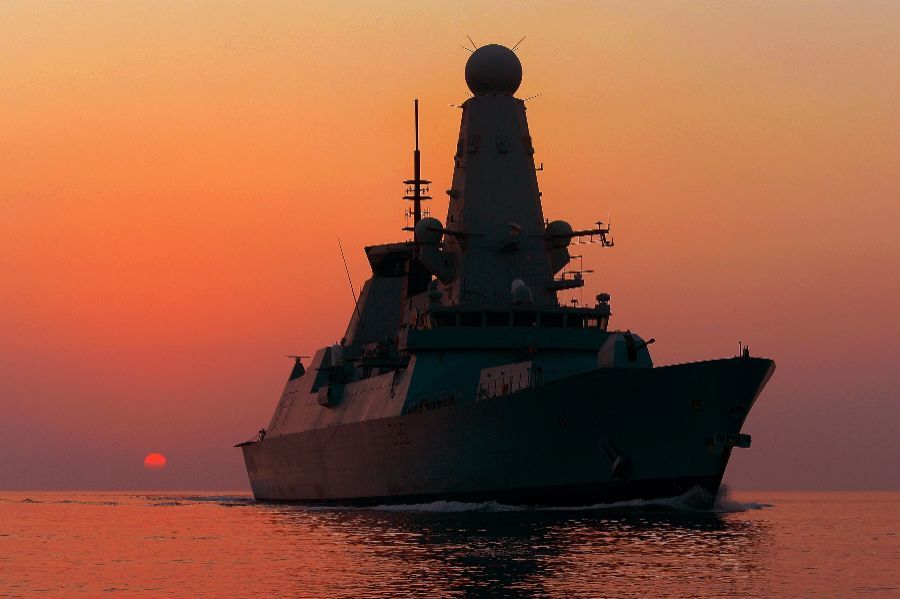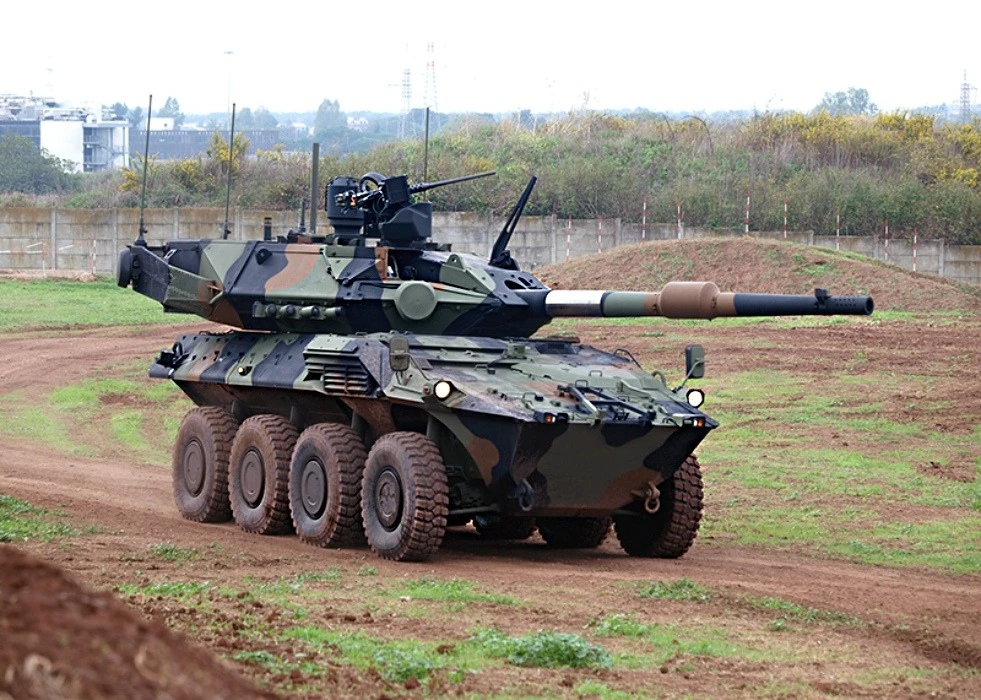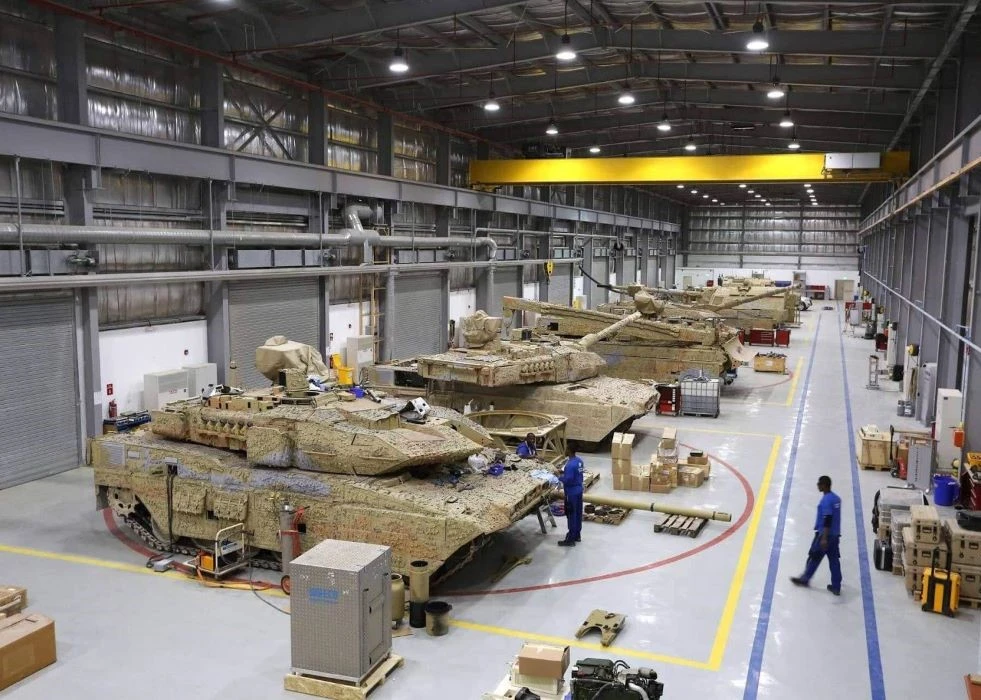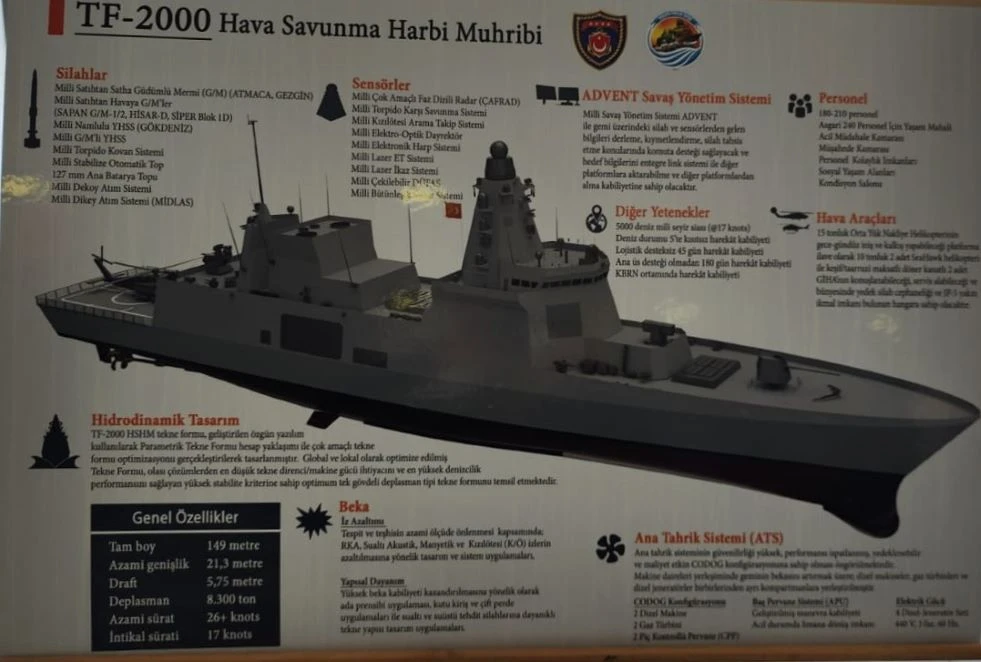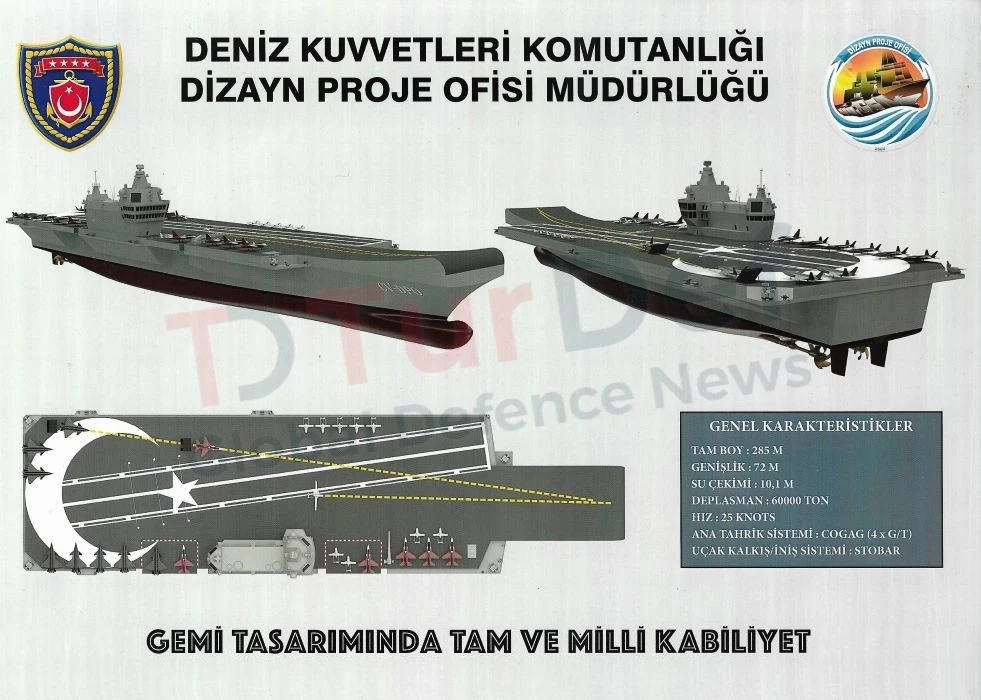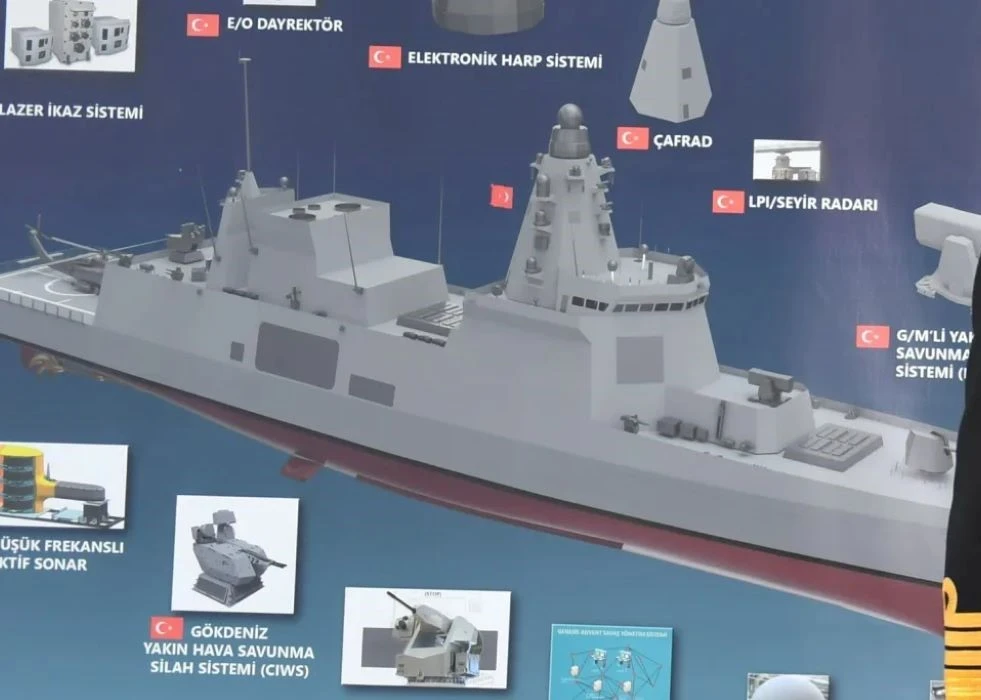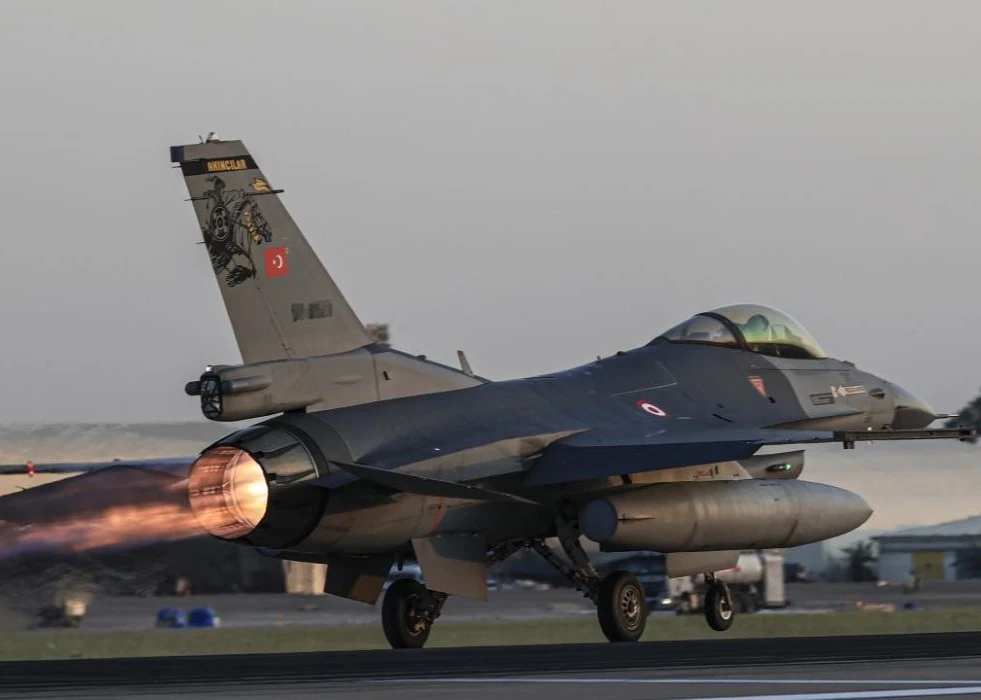Royal Navy’s Daring-class air-defence destroyers have been suffering engine problems for a long time. Royal Navy announced that HMS Dauntless, the Type 45 destroyer, has undergone extensive trials around the UK for three months, and its engine problems are solved with the Power Improvement Project (PIP). The same PIP modernisation will be applied to the remaining five sister ships, which will undergo the same upgrade.
The PIP addresses the resilience of the engines and power generation that power the destroyer’s many high-tech sensors, systems, and weapons. The two original diesel engines were removed and replaced with three more reliable, more powerful, cleaner generators to make the necessary upgrades. To ensure that previous issues are addressed, a storeroom has been converted into a high-voltage switchboard to handle the additional power generated - between four and five Megawatts.
The British Defence Ministry announced last year that the PIP would cost around £189 million.
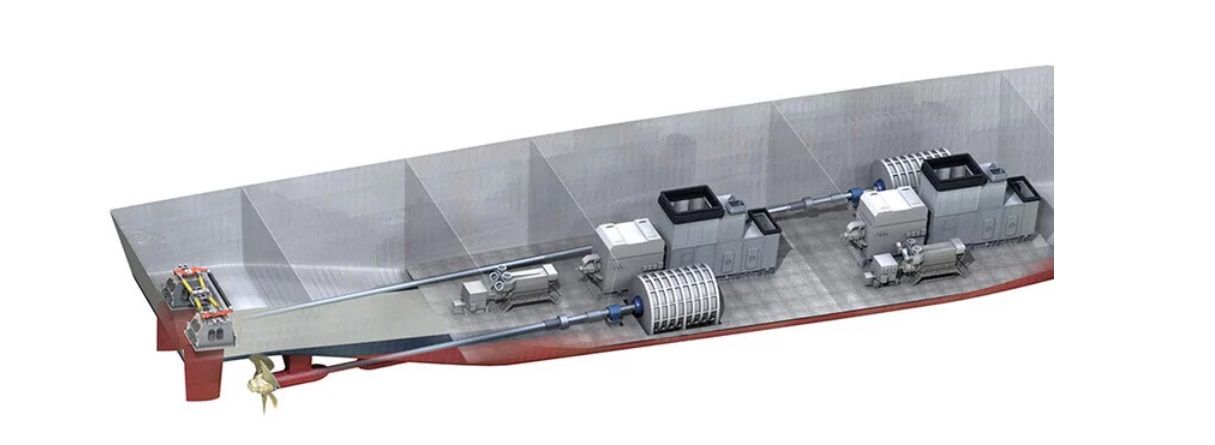
The destroyers have been suffering problems due to a design flaw in the Northrop Grumman intercooler connected to the ship’s Rolls-Royce WR-21 gas turbines which reduced power availability significantly when operating in the warm climate. Due to another major design flaw, one engine component caused Gas Turbines (GT) to fail occasionally. The electrical load on the diesel generators became so great that the ship was left without power or propulsion.
Type 45 uses a system called Integrated Electric Propulsion (IEP) which provides advantages in fuel efficiency. Two WR-21 GTs and two Wartsila 2MW diesel generators provide AC power for the motors that propel the ship and the power for the ship’s systems – weapons, sensors lighting. The WR-21 GTs have an intercooler recuperation unit that recovers heat from the exhaust and recycles it into the engine. This is called regenerating energy, which makes the ship more fuel-efficient and reduces the ship’s thermal signature. The intercooler unit had a major design flaw that occasionally caused the GTs to fail. When this happens, the electrical load on the diesel generators may fail to leave the ship with no source of power or propulsion.
PIP is being delivered in collaboration with BMT Defence Services and Cammell Laird under a major design and manufacture contract between the Ministry of Defence and BAE Systems.


